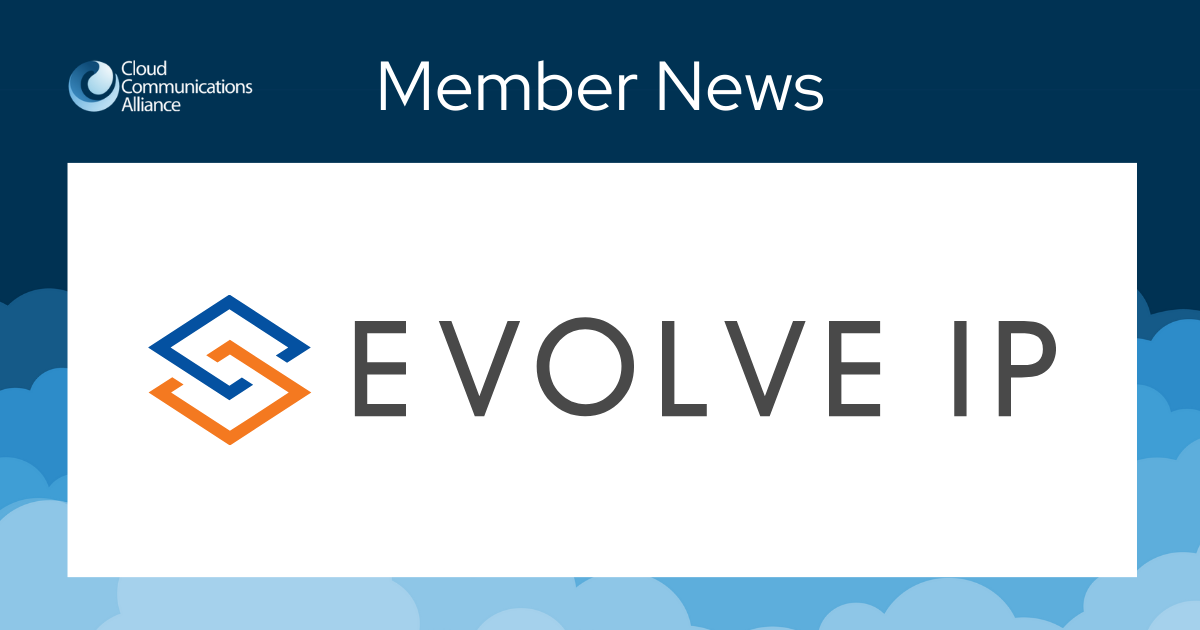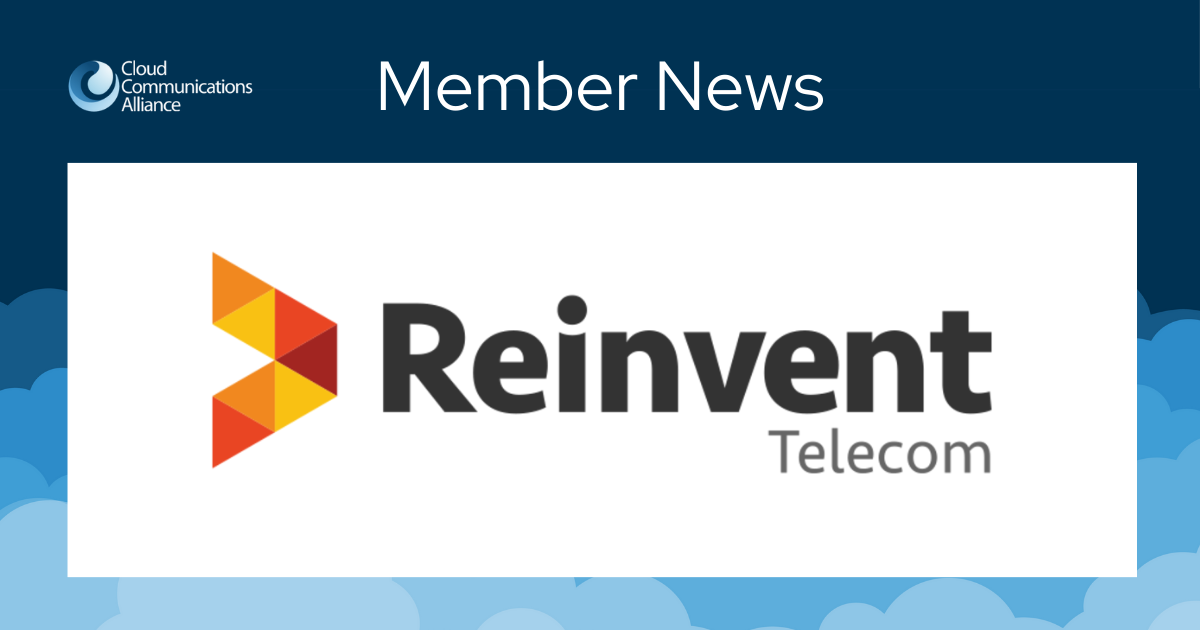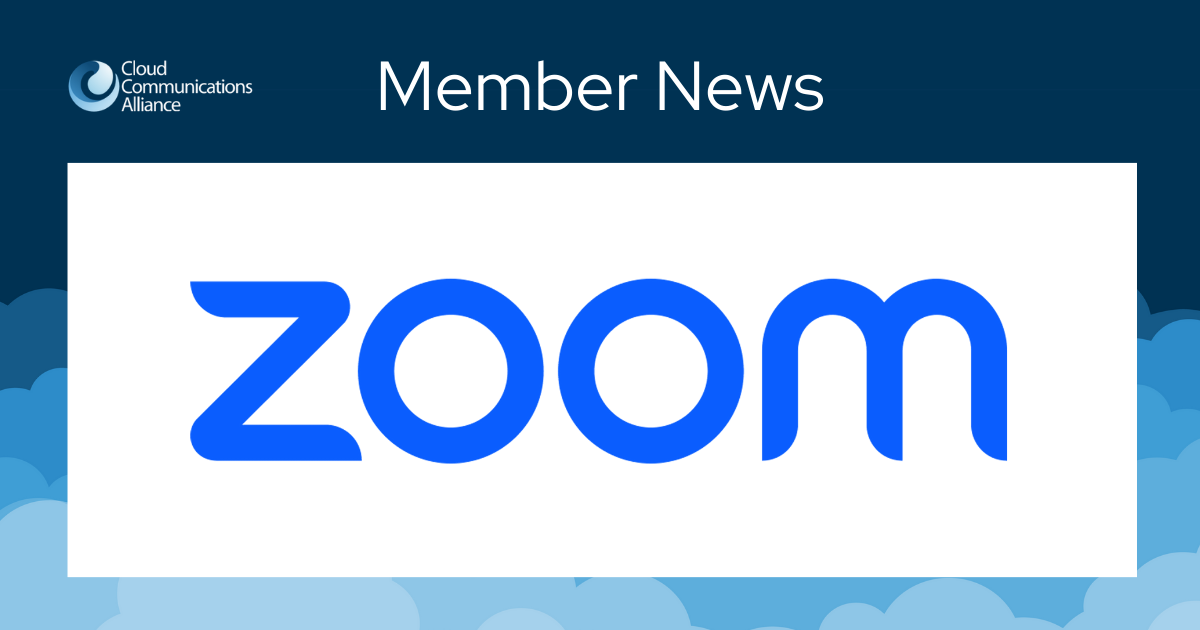FCC & Canadian Counterpart Sign MOU to Combat Illegal Robocalls

On June 6, 2022, the Federal Communications Commission (“FCC” or “Commission”) issued a News Release, announcing that the FCC had signed Memorandum of Understanding (“MOU”) with the Canadian Radio-television and Telecommunications Commission (“CRTC”). to combat illegal robocalls. Referring to robocall scams as “an international problem,” FCC Chairwoman Jessica Rosenworcel pledged to “work closely with partners like our colleagues in Canada who share our commitment to fight robocall scams and unmasking the bad actors behind them.”
The CRTC MOU is the latest in a series of enforcement actions taken by the FCC and other entities to stamp out illegal robocalls. The Commission has executed MOUs with 36 state attorneys general to partner with the FCC in establishing information sharing and cooperation in investigations of illegal robocalling. The FCC recently imposed new regulations on gateway providers (voice service providers (“VSPs”) that are the point of entry for foreign-originated robocalls into the United States). The Federal Trade Commission (“FTC”) recently filed a complaint against a voice over IP carrier (“VoIP”) in federal court, alleging violation of its rules because the VoIP failed to block illegal robocalls. The FTC seeks an injunction and substantial monetary sanctions. Marriott recently amended its federal multimillion dollar lawsuit against robocallers who made fraudulent calls and misused its name to include various VoIPs, alleging that they furthered the robocall scam by enabling telemarketers to conduct their calls. Many states have robocall laws that provide for harsh penalties for parties that initiate illegal robocalls, and the VSPs that allow their networks to be used for that purpose.
Robocall enforcement will be continue to be ramped up in the foreseeable future. Chairwoman Rosenworcel recently wrote to Congress, seeking additional authority to prosecute illegal robocall suspects, including “the ability to seize assets to stop them in their tracks and the authority to enable the Commission to go to court directly and collect fines against bad actors.”
Consequently, it is critical that VSPs become fully STIR/SHAKEN compliant by the June 30, 2022 deadline. STIR/SHAKEN compliance will not only help ensure that VSPs will avoid FCC robocall enforcement, it also acts as a safe harbor against many state enforcement actions.
Information provided by:
- Michael Donahue — Tel: 703-714-1319 / E-mail: mpd@CommLawGroup.com
- Rob Jackson – Tel: 703-714-1316 / E-mail: rhj@CommLawGroup.com
- Ron Quirk – Tel: 703-714-1305 / E-mail: req@CommLawGroup.com


